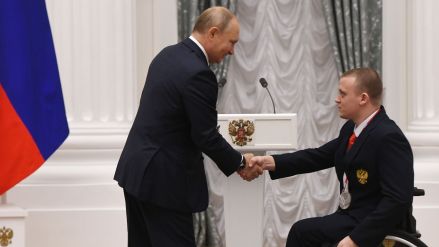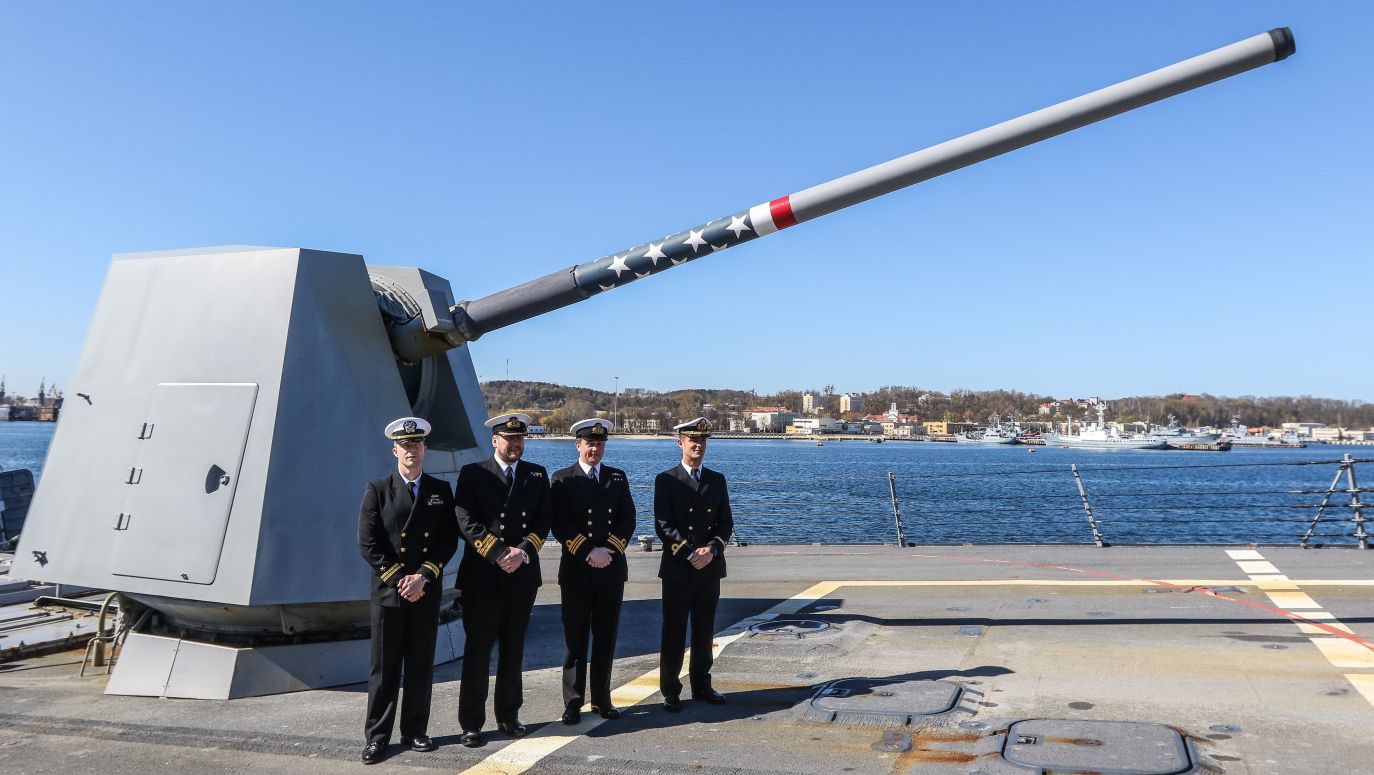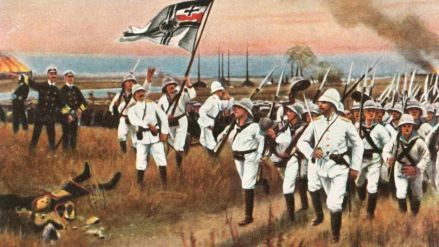The public was not shown the simulations themselves, nor was detailed information provided on what the results of each of the 24 war games were. Not even a simple breakdown was given as to how many games ended in a Chinese victory, how many led to a stalemate, and how many were won by the US-led coalition defending Taiwan. One could only learn that the defence of the island was successful in most cases, while China’s wins were relatively few. But there were such scenarios.
Losses were important. In each of the simulations, the war for Taiwan ended with heavy losses on all warring sides. The largest on the Chinese side, but that was not what worried the authors of the report and the experts discussing it. It was America’s losses, which on average were put at around 10,000 dead soldiers and at least two nuclear aircraft carriers. War games specialist Becca Wasser, who participated in the panel, asked a dramatic question of whether the US public was psychologically ready for such heavy losses. Others agreed with her, and no one had a good answer at hand that took care of the problem. The question hung in the air and will soon demand a public answer.
 SIGN UP TO OUR PAGE
SIGN UP TO OUR PAGE 
The level of losses, which Vladimir Putin’s generals would not even have noticed, has been considered severe by US experts. The last armed conflict in which US army losses exceeded 10,000 was the Vietnam War, which ended almost half a century ago and lasted 20 years, with almost 50,000 casualties. The losses there transformed America’s consciousness and changed the face of the country. In the case of the war over Taiwan, 10,000 soldiers would have fallen in a matter of weeks, which can only be compared to the losses of World War II. What effect would this have on contemporary American society, which is much more peace-minded than in the first decades after 1945?
The second major problem that the simulations have shown is that without US and other allied troops (but the US must be the keystone of the coalition), Taiwan always loses. The difference in military potential between the island about the size of Mazovia, with a population of less than 24 million, and a mainland colossus, with a population approaching one and a half billion, is simply too great. In a parallel case, even Ukraine left to its own devices would probably stand a better chance against Russia.
Since the role of the US is crucial, the question is how the US should provide assistance. The Ukrainian model of supplying equipment and ammunition to the fighting troops of an attacked country is impossible to replicate. Geography is inexorable: deliveries to an island thousands of kilometres away from the allies and under attack from sea and air are simply not feasible. Once Chinese troops manage to land and deploy large numbers of troops, it is only a matter of time before the Taiwanese lose. This war must be fought at sea and in the air for the island to be saved. That, at least, is what the simulations suggest.
So only direct engagement comes into play, and immediate engagement at that. For simulations have shown that the allies must step in immediately to destroy the invasion fleet. Any hesitation and delay gives China a decisive advantage. So the US president must decide now whether to defend Taiwan. And the military must prepare actions that will be a simple consequence of that decision.
Die for Taipei?
Taiwan’s history has seen it fall victim to the political manoeuvre of trying to break up Communist China’s alliance with the Soviet Union. To this end, President Jimmy Carter decided to establish diplomatic relations with the PRC in 1979, for which the price was the withdrawal of recognition of Taiwan. From then on, the United States did not recognise the island’s independence de jure, but recognised it de facto, maintaining relations through entities calling themselves Institutes and acting in effect as embassies.
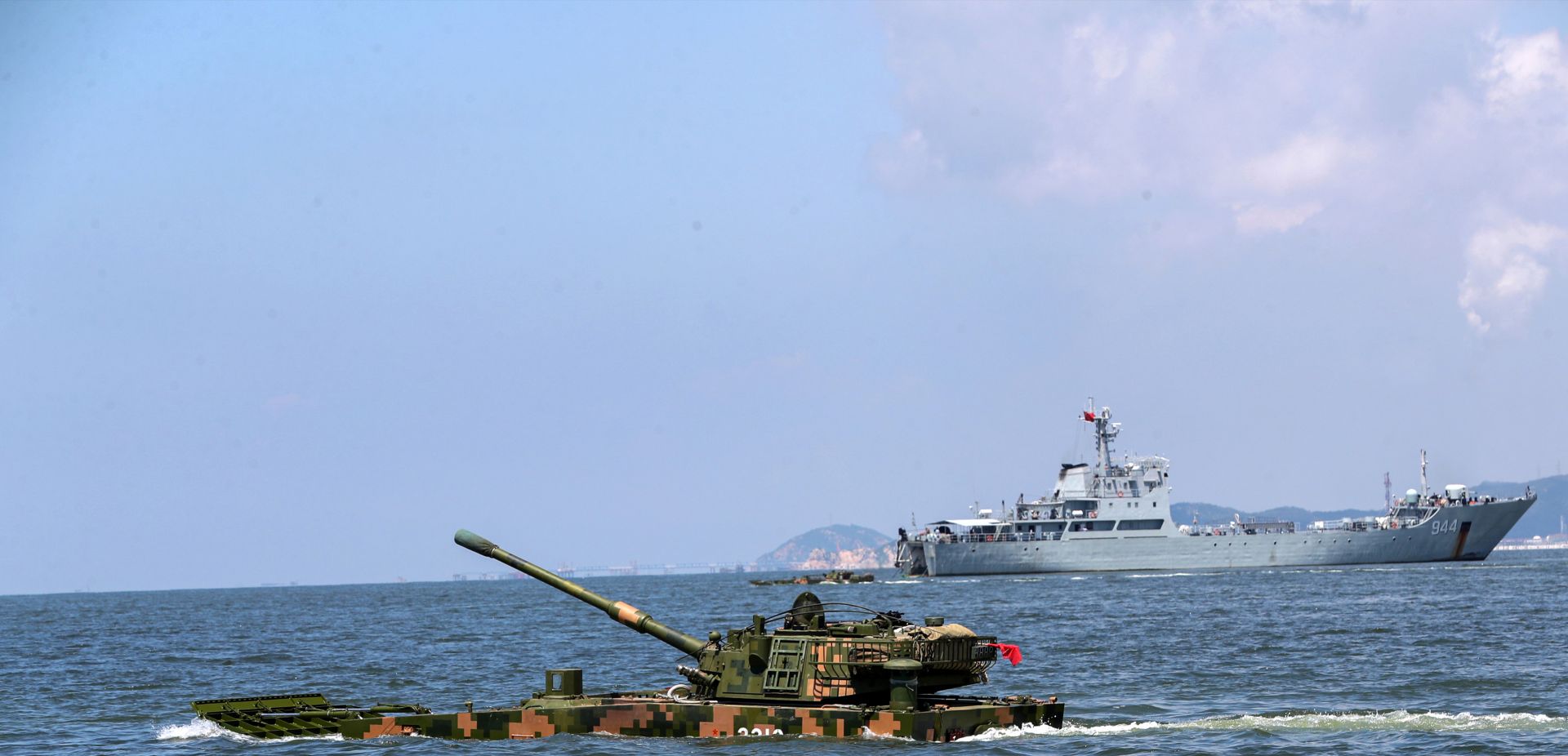
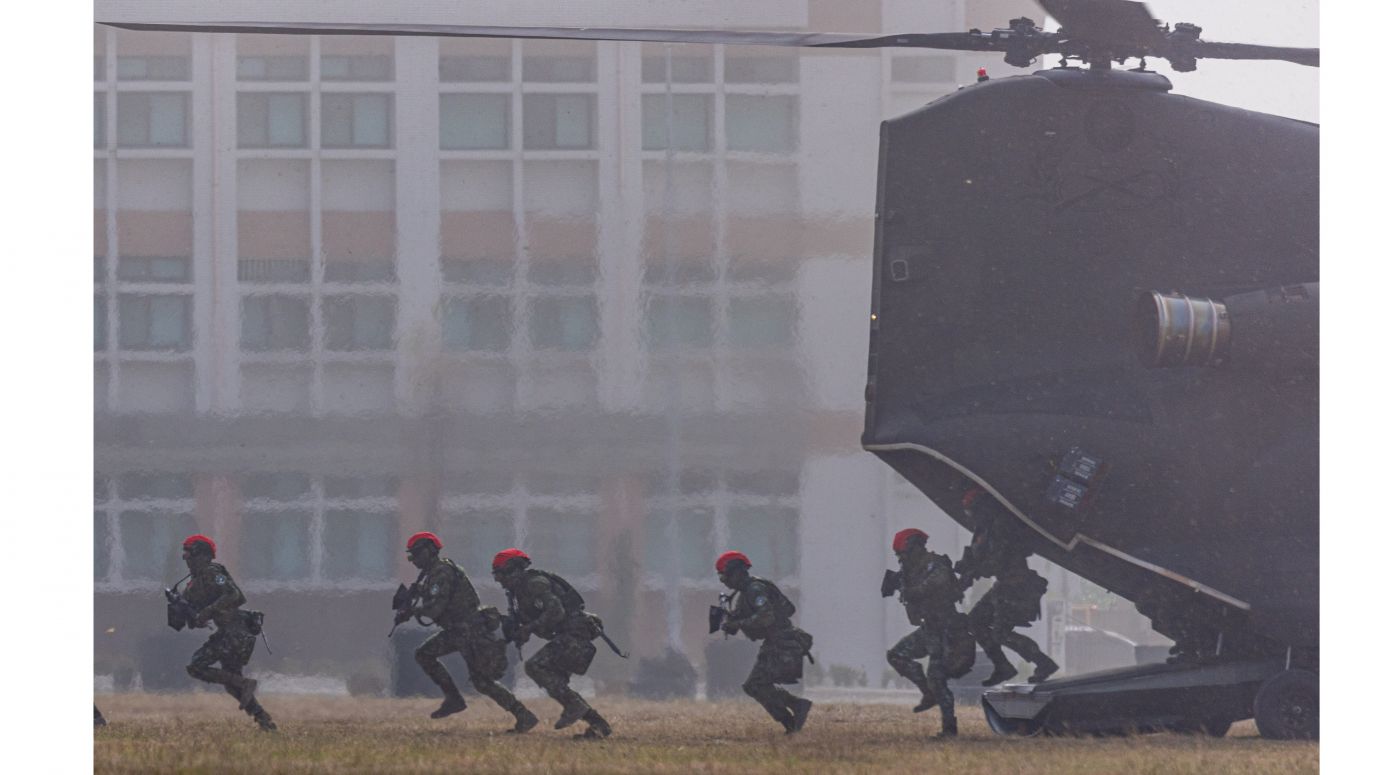
 SIGN UP TO OUR PAGE
SIGN UP TO OUR PAGE 
